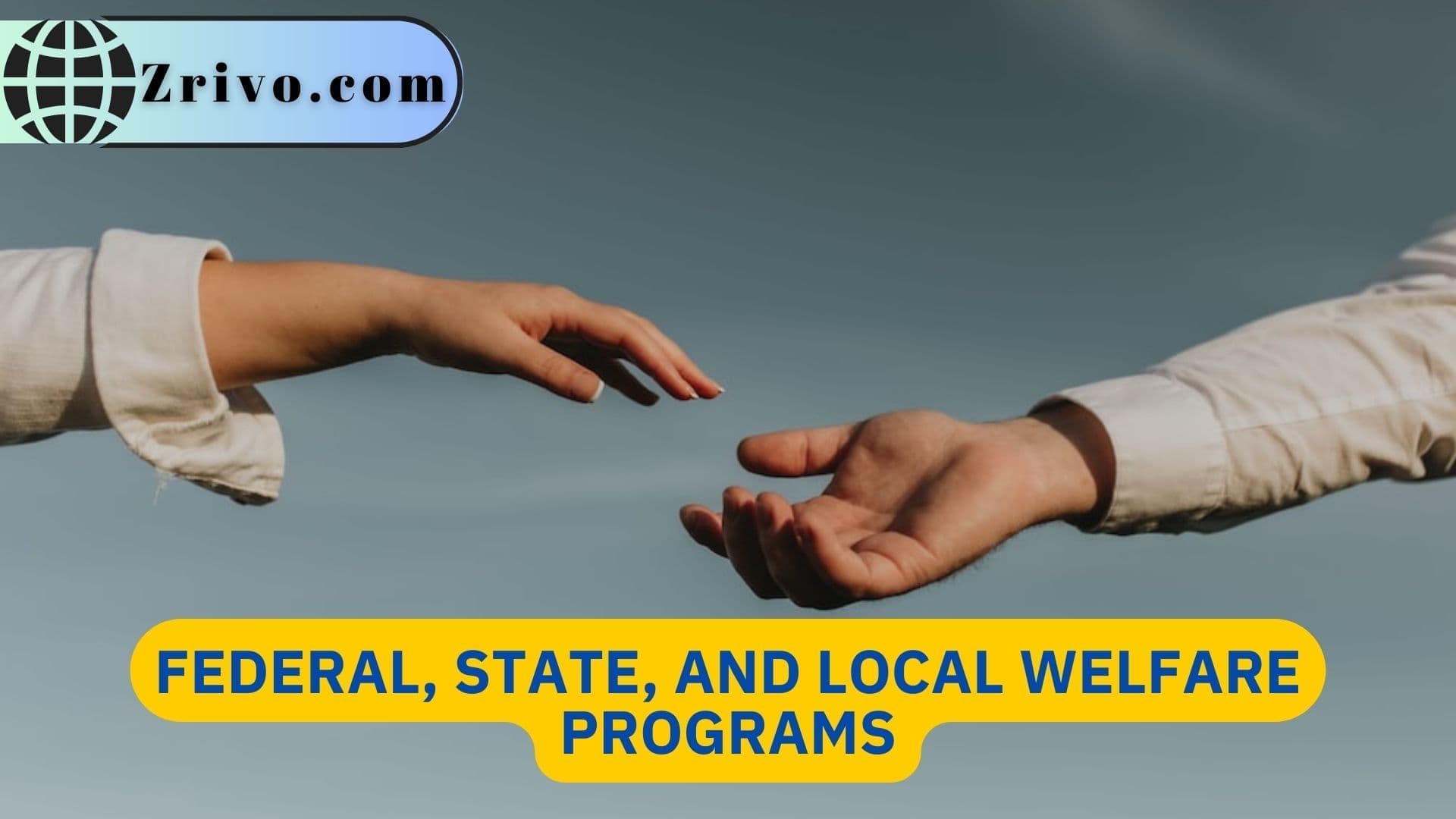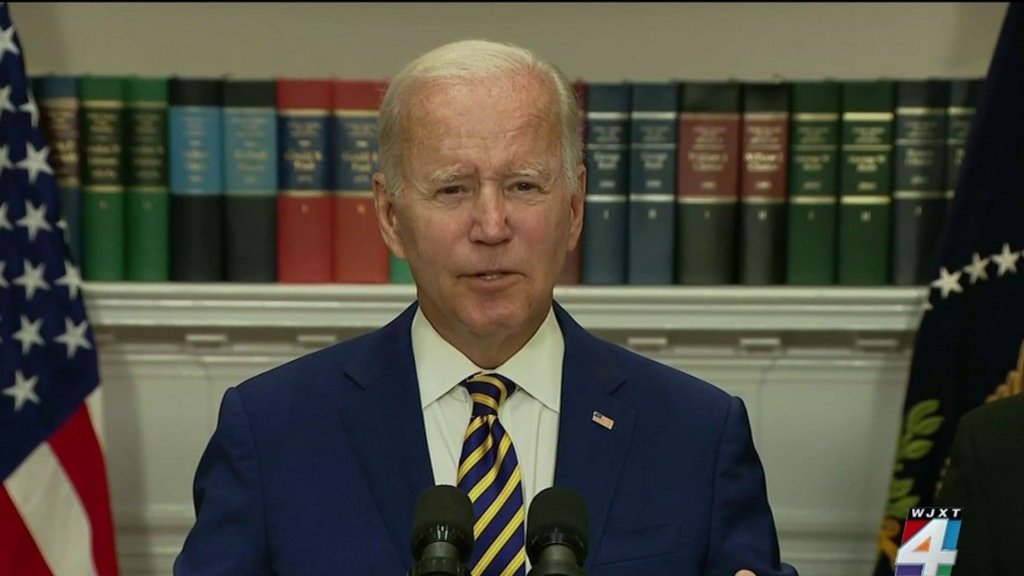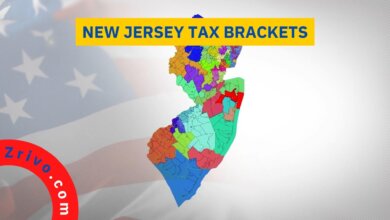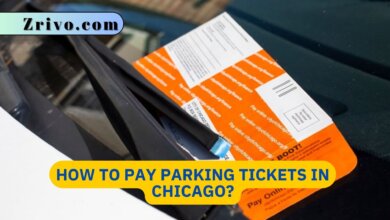Federal, State, and Local Welfare Programs
A welfare program is an initiative that assists individuals and families in need. This article will explore the most common federal, state, and local welfare programs, their eligibility requirements, and application processes.

Welfare programs are government-sponsored programs that provide assistance to low-income individuals and families. These programs are designed to help those who are struggling to make ends meet, providing them with support for basic needs such as food, housing, and healthcare. Welfare programs can be provided at the federal, state, or local level, with each level of government having its own set of programs and eligibility requirements. Federal welfare programs are overseen by the federal government, while state welfare programs are administered by individual states. Local welfare programs are typically administered by city or county governments. They may provide more specialized assistance to residents of specific communities. These programs aim to promote economic stability and provide a safety net for those in need.
Federal Welfare Programs
- Supplemental Nutrition Assistance Program (SNAP): SNAP, also known as food stamps, provides low-income individuals and families with assistance to purchase food. Eligibility is based on household income and size. To apply, individuals can visit their local SNAP office or apply online through the USDA website.
- Temporary Assistance for Needy Families (TANF): TANF provides financial assistance to low-income families with children. Eligibility is based on household income and the number of dependent children. To apply, individuals can visit their local TANF office or apply online through their state’s website.
- Supplemental Security Income (SSI): SSI provides financial assistance to low-income individuals aged, blind, or disabled. Eligibility is based on income and disability status. To apply, individuals can visit their local Social Security office or apply online through the SSA website.
- Medicaid: Medicaid provides healthcare coverage to low-income individuals and families. Eligibility is based on income and other factors such as age, disability, and pregnancy. To apply, individuals can visit their local Medicaid office or apply online through their state’s website.
- Children’s Health Insurance Program (CHIP): CHIP provides healthcare coverage to low-income children and families who do not qualify for Medicaid. Eligibility is based on income and other factors such as age and residency. Individuals can visit their local CHIP office or apply online through their state’s website.

State Welfare Programs
- General Assistance (GA): GA provides financial assistance to low-income individuals who are not eligible for other assistance programs. Eligibility and application processes vary by state. To apply, individuals should contact their local GA office or visit their state’s website.
- Energy Assistance Programs: Many states offer energy assistance programs to help low-income households pay their energy bills. Eligibility and application processes vary by state. To apply, individuals should contact their local energy assistance office or visit their state’s website.
- Housing Assistance Programs: Many states offer housing assistance programs to help low-income individuals and families pay for housing. Eligibility and application processes vary by state. To apply, individuals should contact their local housing assistance office or visit their state’s website.
- Employment and Training Programs: Many states offer employment and training programs to help low-income individuals improve their job skills and find employment. Eligibility and application processes vary by state. To apply, individuals should contact their local employment and training office or visit their state’s website.
- Senior Assistance Programs: Many states offer assistance programs for seniors, such as meal programs, transportation assistance, and caregiver support. Eligibility and application processes vary by state. Individuals should contact their local senior assistance office or visit their state’s website to apply.
Local Welfare Programs:
- Homeless Assistance Programs: Many local governments offer programs to assist homeless individuals and families with shelter, food, and other basic needs. Eligibility and application processes vary by locality. To apply, individuals should contact their local homeless assistance office or visit their government’s website.
- Child Care Assistance Programs: Many local governments offer programs to assist low-income families with the cost of child care. Eligibility and application processes vary by locality. To apply, individuals should contact their local childcare assistance office or visit their local government’s website.
- Transportation Assistance Programs: Many local governments offer transportation assistance programs to help low-income individuals and families with transportation





